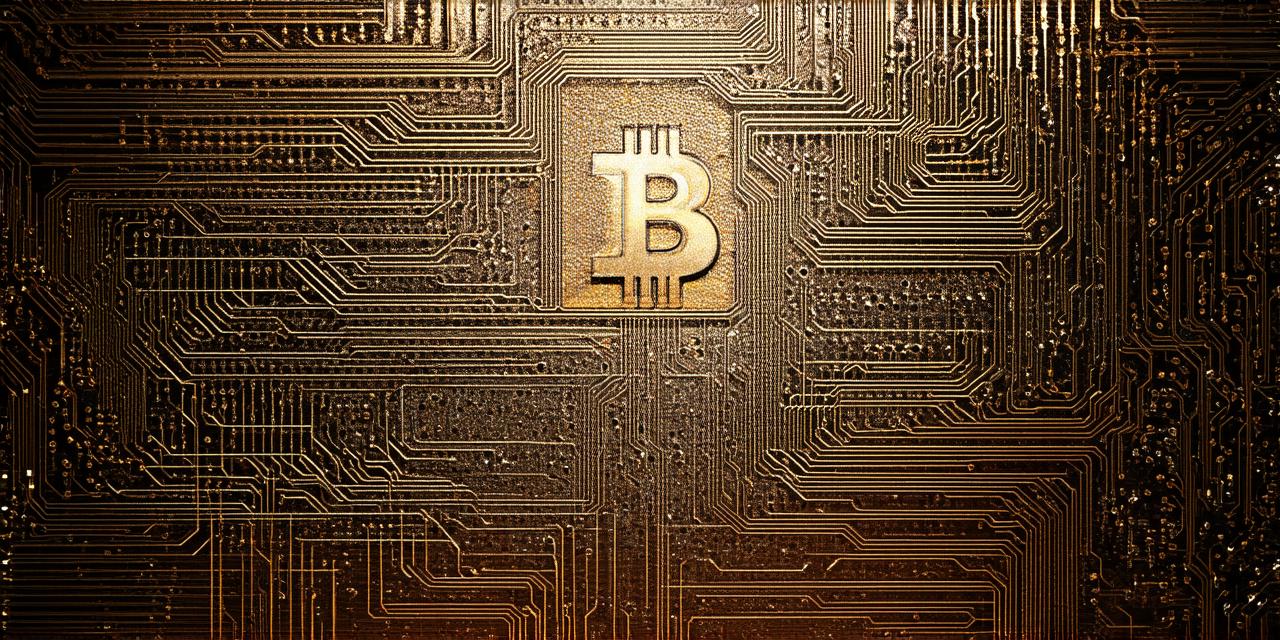Understanding Blockchain Technology
Blockchain is a distributed database that stores data across multiple nodes in a decentralized network. It was originally designed to enable secure and transparent peer-to-peer transactions in digital currency, such as Bitcoin. However, the potential applications of blockchain go far beyond cryptocurrency and have been applied to various industries, including healthcare, finance, supply chain management, and voting systems.
Blockchain technology is based on a consensus mechanism that ensures that all nodes in the network agree on the state of the ledger. This eliminates the need for intermediaries, such as banks or government agencies, which reduces transaction costs and increases efficiency. The decentralized nature of blockchain also makes it resistant to tampering and hacking, making it an ideal solution for applications that require high levels of security and transparency.

The Power of Smart Contracts
Smart contracts are self-executing programs that automatically enforce the terms of a contract between two parties. They are stored on the blockchain and can be used to automate various processes, such as payment processing, identity verification, and supply chain management.
Smart contracts have the potential to revolutionize the way we do business by reducing the need for intermediaries and increasing efficiency. For example, a smart contract could automatically release funds when certain conditions are met, such as the delivery of goods or the completion of a service. This reduces the risk of fraud and increases transparency, making it easier for businesses to operate and for consumers to make informed decisions.
Case Studies in Blockchain Technology
There are numerous examples of blockchain technology being used to solve real-world problems. Here are a few case studies that demonstrate its potential:
-
Healthcare: Blockchain is being used to securely store and share patient data, reducing the risk of medical errors and improving patient outcomes. For example, the MediLedger project is using blockchain technology to track prescription drugs from manufacturer to patient, ensuring that they are safely dispensed and consumed.
-
Finance: Blockchain is being used to enable faster and more secure financial transactions, such as cross-border payments and settlements. For example, Ripple is a blockchain-based payment protocol that enables banks and other financial institutions to settle cross-border payments in real time, without the need for intermediaries.
-
Supply Chain Management: Blockchain is being used to increase transparency and efficiency in supply chain management by enabling real-time tracking of goods and ensuring that they are ethically sourced and produced. For example, Walmart is using blockchain technology to track the origin of food products, enabling consumers to make informed choices about where their food comes from.
The Future of Blockchain Technology
Blockchain technology is still in its early stages, and there are many opportunities for innovation and growth. As more industries adopt blockchain, we can expect to see new applications and use cases emerge. Some potential areas of focus include supply chain management, identity verification, voting systems, and digital rights management.
In conclusion, blockchain technology is a powerful tool that has the potential to transform the way we do business and solve complex problems in various industries. As developers, it’s essential to understand the basics of blockchain and its implications for your work. By embracing this technology, you can help create a more secure, transparent, and efficient world for everyone.
